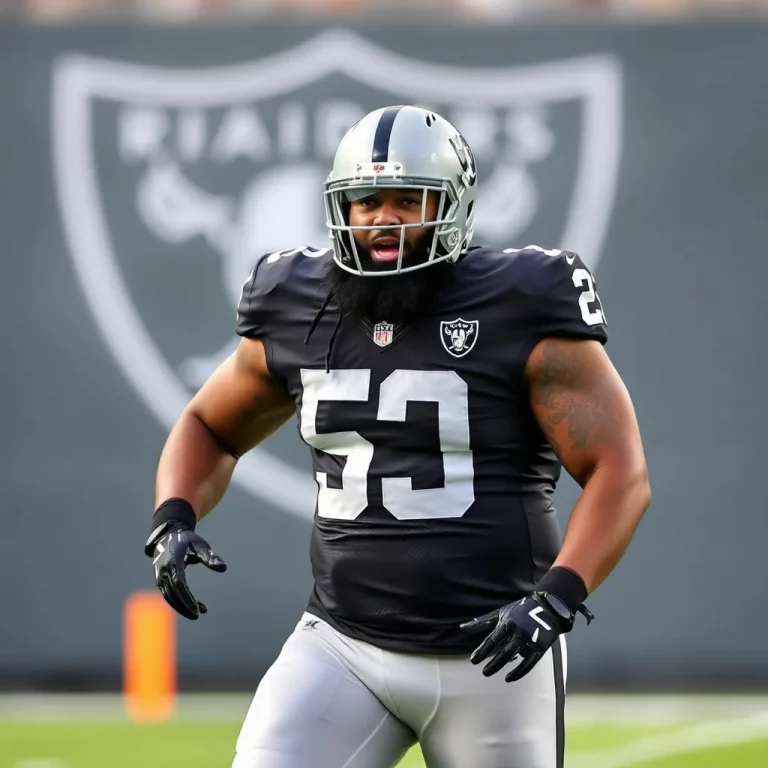Washington D.C. – In a notable move for college athletics, President Donald Trump signed an executive order aimed at stabilizing the college sports landscape. This order, signed on Thursday, comes at a time when there has been a surge of interest in how college athletics are managed and the implications of recent legal battles.
The executive order places restrictions on how athletic programs can allocate funds, particularly targeting those programs that generate significant revenue, such as football and basketball. Trump’s order states that it’s crucial to ensure a balanced distribution of resources across all college sports to preserve and promote the developmental benefits they offer to student-athletes.
Under the new directive, colleges earning over $125 million in revenue during the 2024-2025 season will be required to offer more scholarships in non-revenue sports than in the previous year. For programs that generate less revenue, they will need to either maintain the number of scholarships or avoid cutting opportunities for these less popular sports.
Another significant point of the order is its goal to limit the ongoing legal challenges facing college athletics. The order instructs various government departments to clarify the status of college athletes in terms of employment, as many universities have resisted classifying their athletes as employees, which would provide them with certain labor rights.
In recent years, there has been a notable shift allowing athletes to earn money from their name, image, and likeness, leading to lucrative deals for some. However, Trump’s order aims to prohibit the so-called “third-party market of pay-for-play inducements” while still allowing athletes to earn fair market value for endorsements.
This executive order aligns with a larger legislative effort currently underway in Congress. Some members are advocating for a bill that would explicitly designate student-athletes as non-employees and provide further protections against federal antitrust laws.
The NCAA’s president, Charlie Baker, mentioned that while the executive order is a step in the right direction, much of the underlying issues with college sports need to be addressed through legislation. He expressed appreciation for the focus on the opportunities college sports provide, emphasizing the need for collaboration among stakeholders in improving college athletics.
As college sports continue to evolve amid ongoing changes and legal challenges, this executive order may play a pivotal role in shaping the future landscape of collegiate athletics across the nation.


